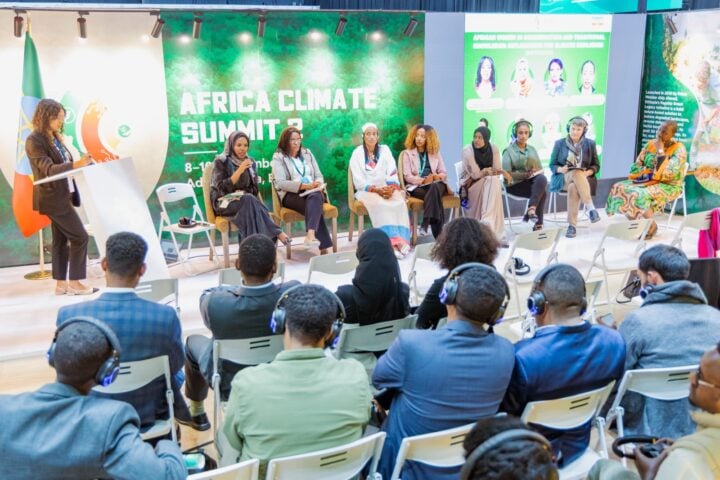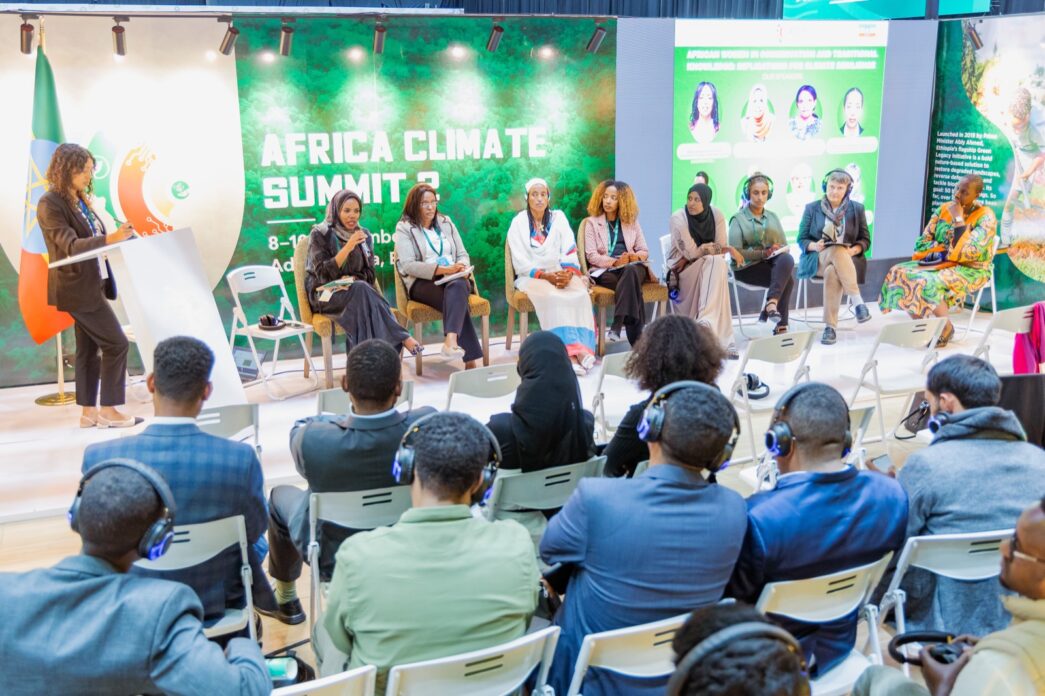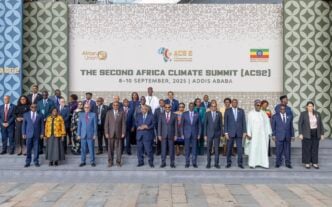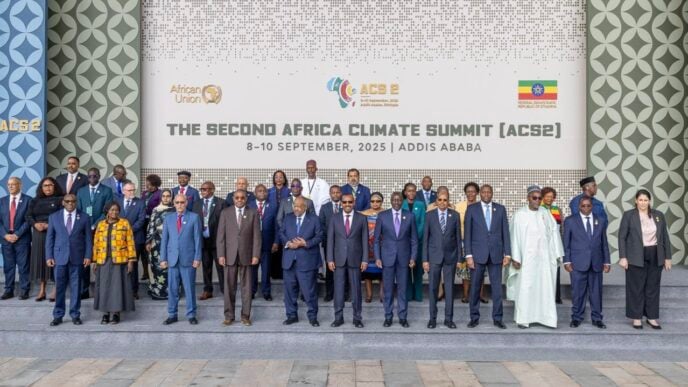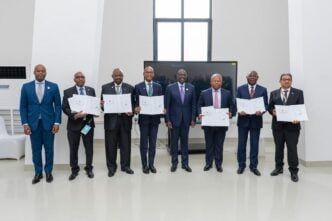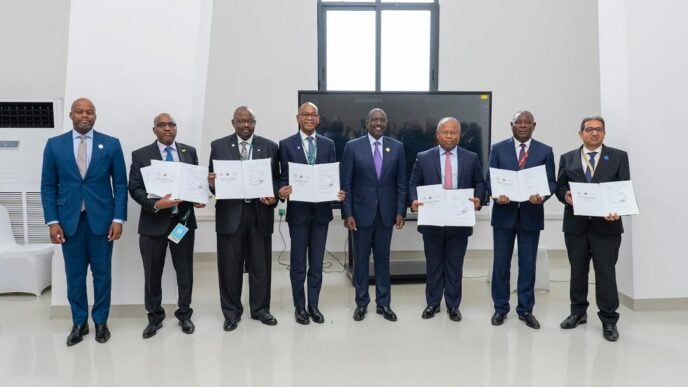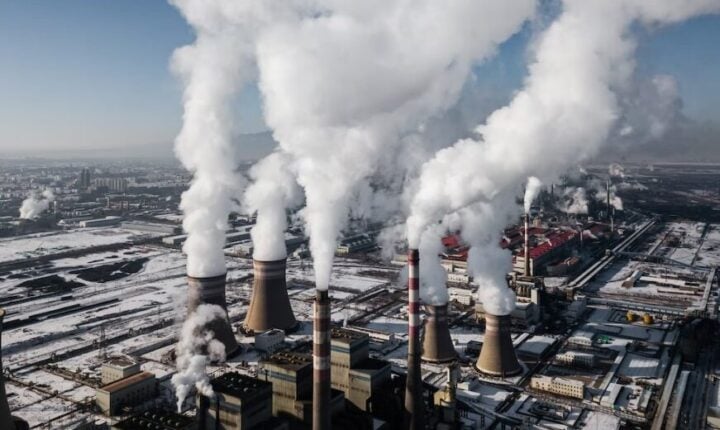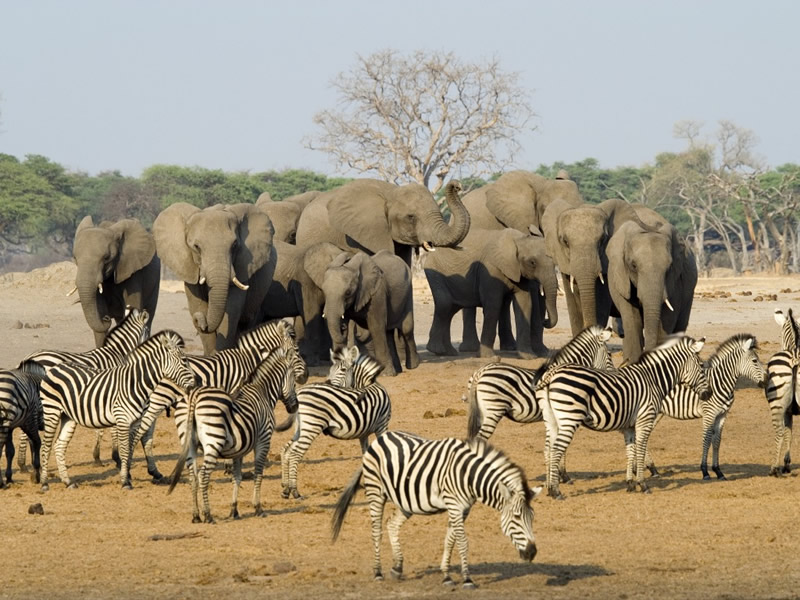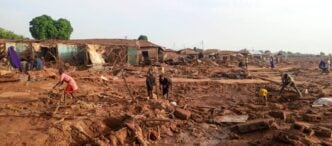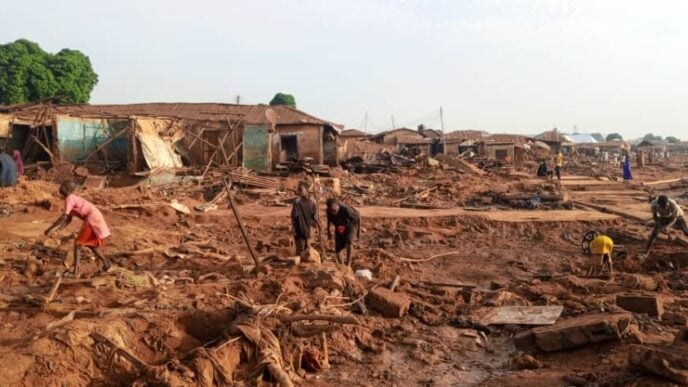
The African group of negotiators have called for a fundamental shift in how climate finance is structured.
Until now, climate finance for developing countries has largely come in the form of loans which are often non-concessional rather than grants.
These funds have been tied to strict conditions, and market-based mechanisms often replace the compensatory approach initially promised under global climate agreements.
As a result, African countries that have contributed the least to climate change are forced to borrow at high interest rates to fund adaptation and mitigation projects.
Advertisement
Concessional lending which once expected to ease the burden, has been diminishing in value while its conditionalities have grown.
Speaking at the sideline of the second Africa Climate Summit in Addis Ababa, Ethiopia, Carlos Lopes, special envoy for Africa to COP30, insisted that the continent’s vast carbon sequestration capacity should be recognised as a form of credit that offsets its heavy debt burden.
Lopes said Africa has contributed little to global emissions but bears an outsized share of the costs.
Advertisement
He noted that climate finance must return to its original purpose of being concessional and compensatory, rather than commercialised through market mechanisms that raise costs for vulnerable countries.
“Africa has not been the emitter at the same proportion as other regions. In fact, our sequestration capacity is probably the most important in the world right now,” Lopes said.
“We are not part of the problem, yet we are forced to borrow under unfair terms. If we have carbon credit, and we have a financial debt, then the two should be matched. That is the essence of climate justice.”
Ibrahima Diong, executive director of the fund for responding to Loss and Damage, echoed the call, warning that concessional lending to Africa has been “diminishing in value” even as conditions attached to loans have increased.
Advertisement
“Instead of helping us adapt, concessional lending has diminished in value and come with more conditions. We are actually going in the opposite direction,” Diong said.
He noted that while Africa’s gross domestic product (GDP) has more than doubled since the year 2000, access to affordable climate finance has not kept pace.
Diong said that climate funding has since been tied to strict requirements that often undermine national priorities.
He noted that this bottleneck undermines climate negotiations, since the global financial system itself creates barriers that prevent scaling up resources for adaptation, mitigation, and loss and damage.
Advertisement
Diong called for the scale-up of resources for adaptation and loss and damage, emphasising that vulnerable countries need predictable and accessible funding to cope with worsening climate impacts.
The Africa Climate Summit (ACS2), which opened in Addis Ababa on Monday and closes today, has set the tone for the continent’s road to COP30 in Belém.
Advertisement
Africa’s stance is clear as negotiators will press not only for the redemption of long-standing climate finance pledges, but also for a fairer system that links debt relief to the continent’s carbon credits, restores concessional finance, and reforms global rules that keep the cost of capital high.
Advertisement
